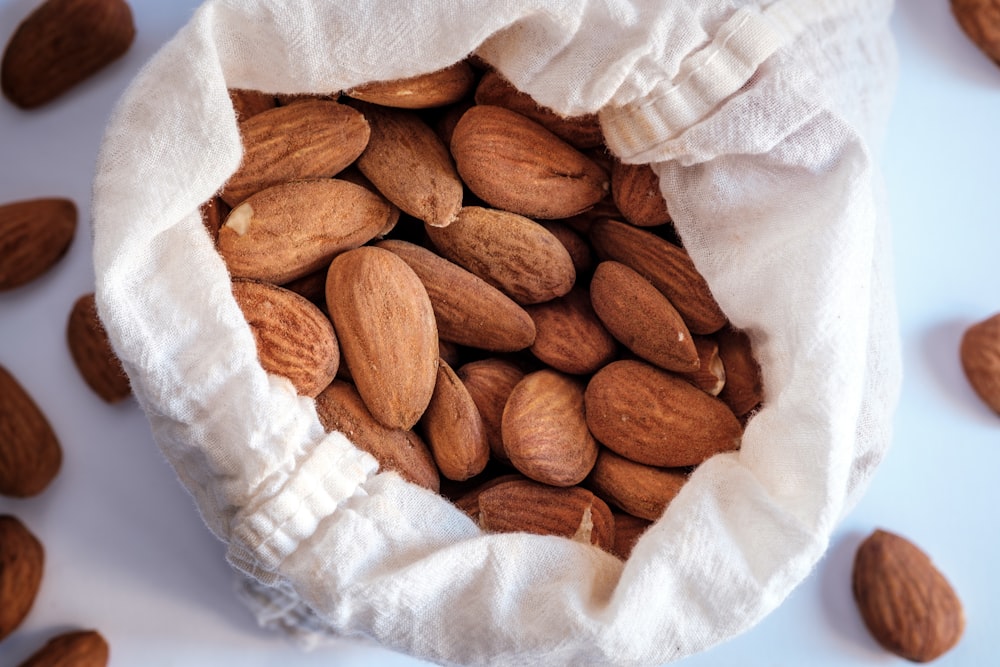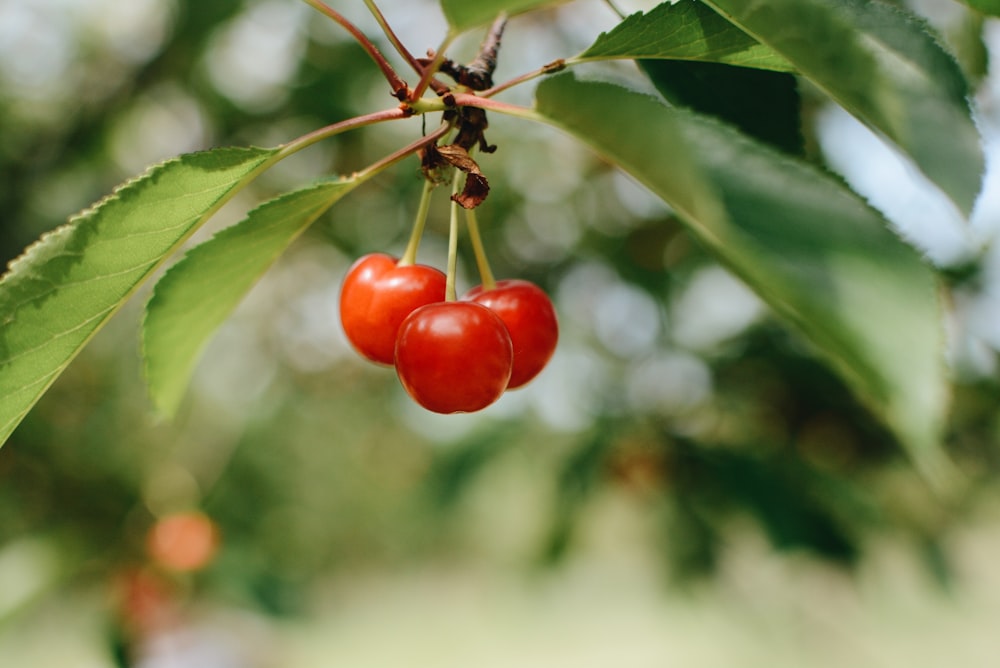When it comes to managing obstructive sleep apnea, individuals dealing with this sleep disorder are often instructed to make changes to their diet. This is in part because certain substances, such as alcohol and caffeinated beverages, can make it harder to fall asleep and stay asleep, while also affecting your nighttime breathing.
In addition, because of obstructive sleep apnea’s common link to obesity, eating a healthier diet and reducing the consumption of fatty foods can help promote healthy weight loss.
The good news, however, is that there are certain foods that you can and should eat to improve your sleep quality. By eating healthy foods that promote good sleep, you can set yourself up for a more refreshing night’s rest.
1. Kiwi
The kiwi may seem like a surprising choice to lead off a list of sleep-promoting foods, but studies have actually found that people who eat two kiwis one hour before going to bed are more likely to fall asleep faster, sleep longer, and enjoy better overall sleep quality.
One of the top reasons why kiwi is believed to be so good for sleep is its high levels of serotonin, which helps your brain regulate its sleep cycle. Kiwis are also good sources of antioxidants that reduce inflammation and improve digestive health. They also have high Vitamin C, Vitamin K, folate, and potassium content.
2. Nuts
Not all nuts are created equal — and while each person may have their individual preferences, almonds and walnuts appear to be the best choices for those in need of some extra help with their sleep.
Almonds contain high levels of melatonin, a hormone that plays a key role in regulating the body’s sleep cycle. In addition, almonds also contain high levels of magnesium and calcium, which are believed to promote good sleep and muscle relaxation.
Like almonds, walnuts also have high levels of melatonin, as well as serotonin. They also contain helpful minerals such as magnesium, potassium, folate, and calcium. Walnuts can also help reduce cholesterol, improving your overall heart health.
3. Chamomile Tea
Chamomile tea is a popular remedy for sleeplessness. This herbal tea is known for its flavone content, which helps reduce inflammation and support the body’s immune system.
When it comes to improving sleep, the presence of the antioxidant apigenin is believed to play a significant role in making chamomile tea a great bedtime choice. This antioxidant helps promote sleepiness and prevent insomnia.
Interestingly, one study found that chamomile tea not only improved sleep quality; it also reduced symptoms of depression. Because depression and anxiety often contribute to a variety of sleep disorders, taking steps to improve mood and emotional well-being are also worth considering to get a good night’s sleep.
4. Tart Cherries
Yes, tart cherries are different from standard cherries. Though they taste sour rather than sweet, it’s well worth drinking a glass of tart cherry juice later in the evening.
Tart cherries are very high in melatonin, which can help you feel sleepy and reduce insomnia. One study found that drinking two glasses of cheery juice a day dramatically improved sleep quality and helped individuals sleep 84 minutes longer than non-tart cherry juice drinkers.
5. Warm Milk
Drinking a warm glass of milk before bed isn’t just a superstition. Milk contains tryptophan, melatonin, calcium, and vitamin D, all of which promote a good night’s sleep. Low-fat milk is considered to be the healthiest option thanks to its lower calorie count.
While the nutrients in a glass of warm milk are a good starting point, many people who drink milk before bed may benefit simply from having it as part of their nighttime routine. Establishing a set routine for getting ready for bed helps signal to your brain and body that it is time to sleep. If you turn this into a habit, when you drink a glass of warm milk, it acts as a signal that you will be going to bed soon.
What About Dinner?
If you’re not much of a snacker, you could naturally incorporate some of these food items into your dinner. However, what you eat for the main course can also have a significant impact on your ability to fall asleep and stay asleep.
Foods such as turkey, fatty fish, and white rice can all improve sleep quality. Turkey contains high levels of tryptophan, while fatty fish have significant Vitamin D content. White rice is believed to promote better sleep because of its high glycemic index (related to its high carb/low fiber content).
Avoiding fatty meats, which can cause inflammation, as well as bananas and high-fat dairy products, which can cause mucus buildup in the mouth and throat, will also help you sleep better.
The Right Diet & Medical Equipment Can Help You Sleep
You don’t have to eliminate the before-bed snack if you want to sleep well at night. Of course, for individuals suffering from obstructive sleep apnea, even these sleep-promoting foods and drinks may not be enough to get a restful night.
Individuals with this sleep disorder will typically also benefit from using a CPAP machine to ensure they have a steady flow of air throughout the night. While CPAP machines, masks, and other related equipment and accessories can get pricey for those without insurance, No Insurance Medical Supplies can help. We offer a broad range of CPAP equipment at discounted prices, while available financing can help to make your purchase even more affordable.
With a comprehensive approach to treating your sleep needs, you can start to more consistently get the rejuvenating rest you need for each day.


